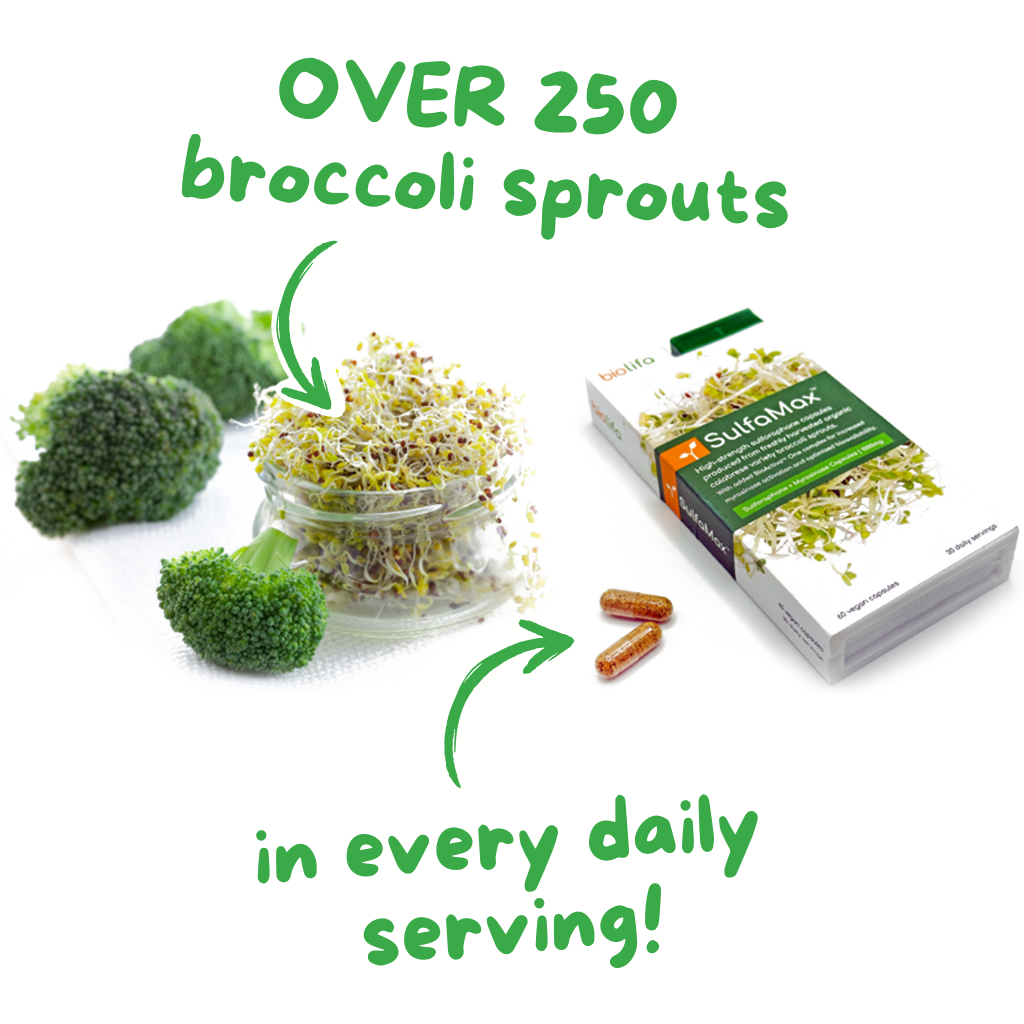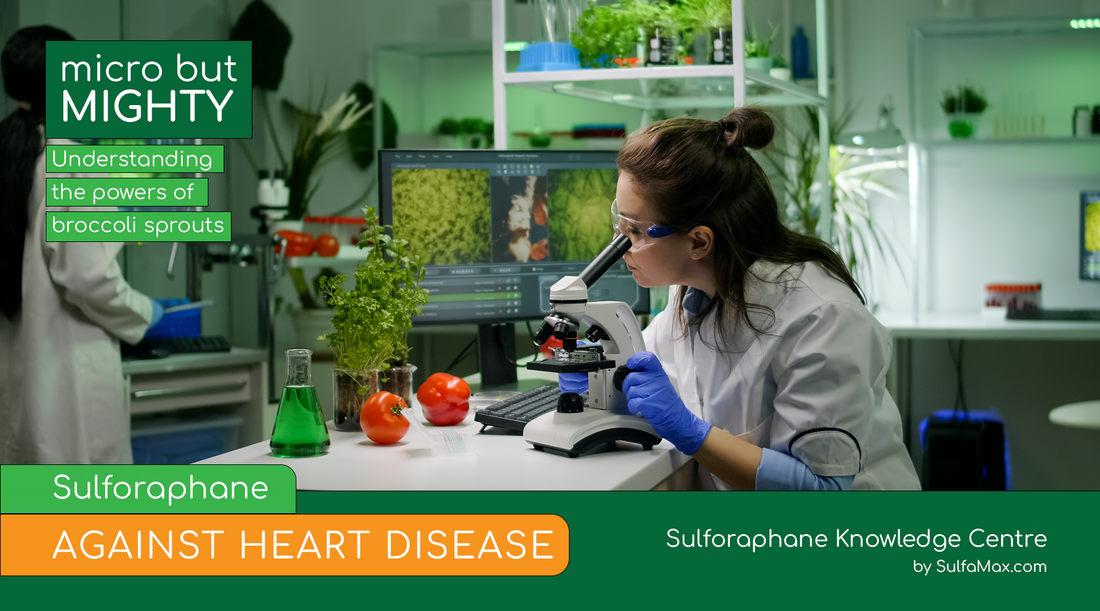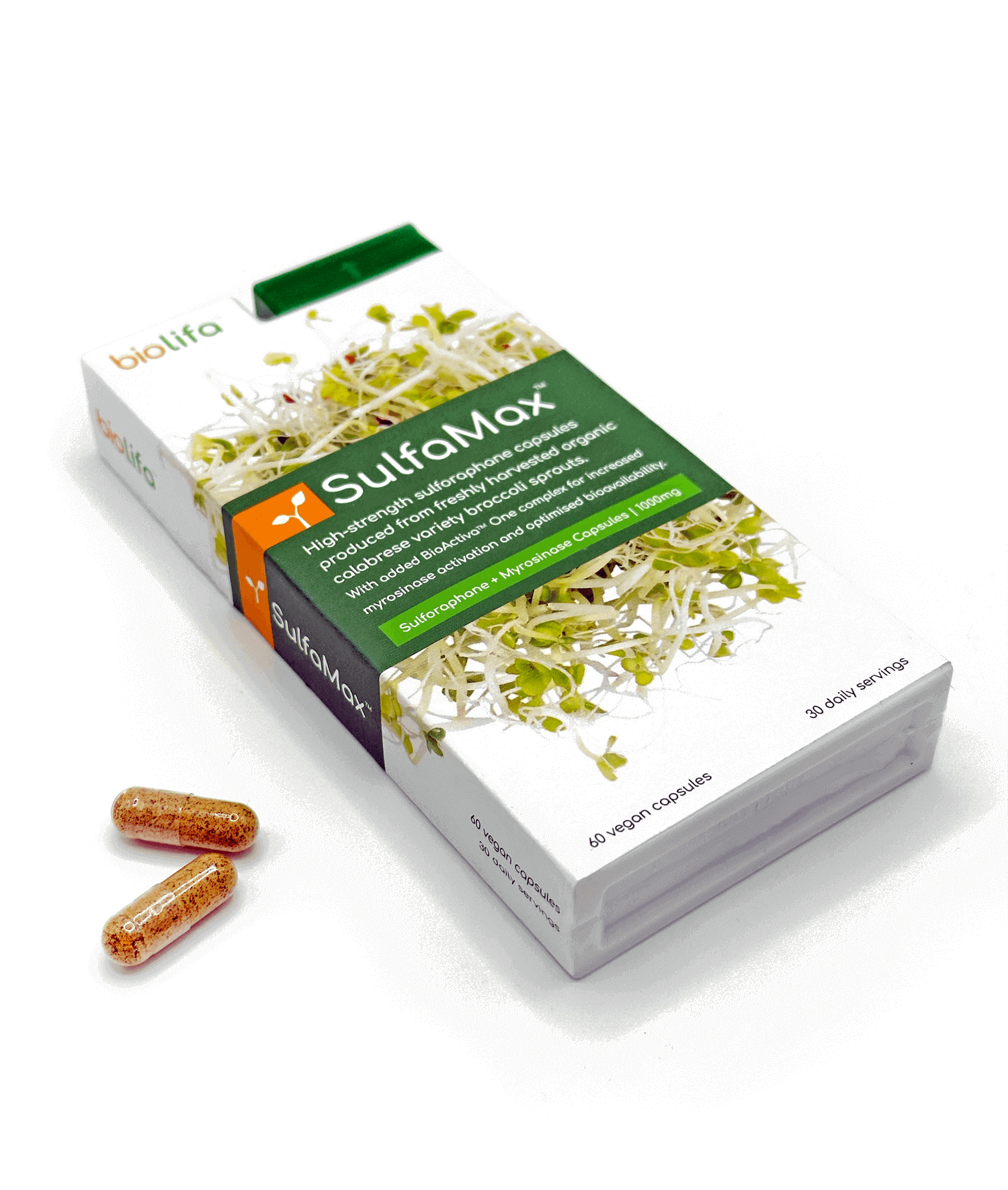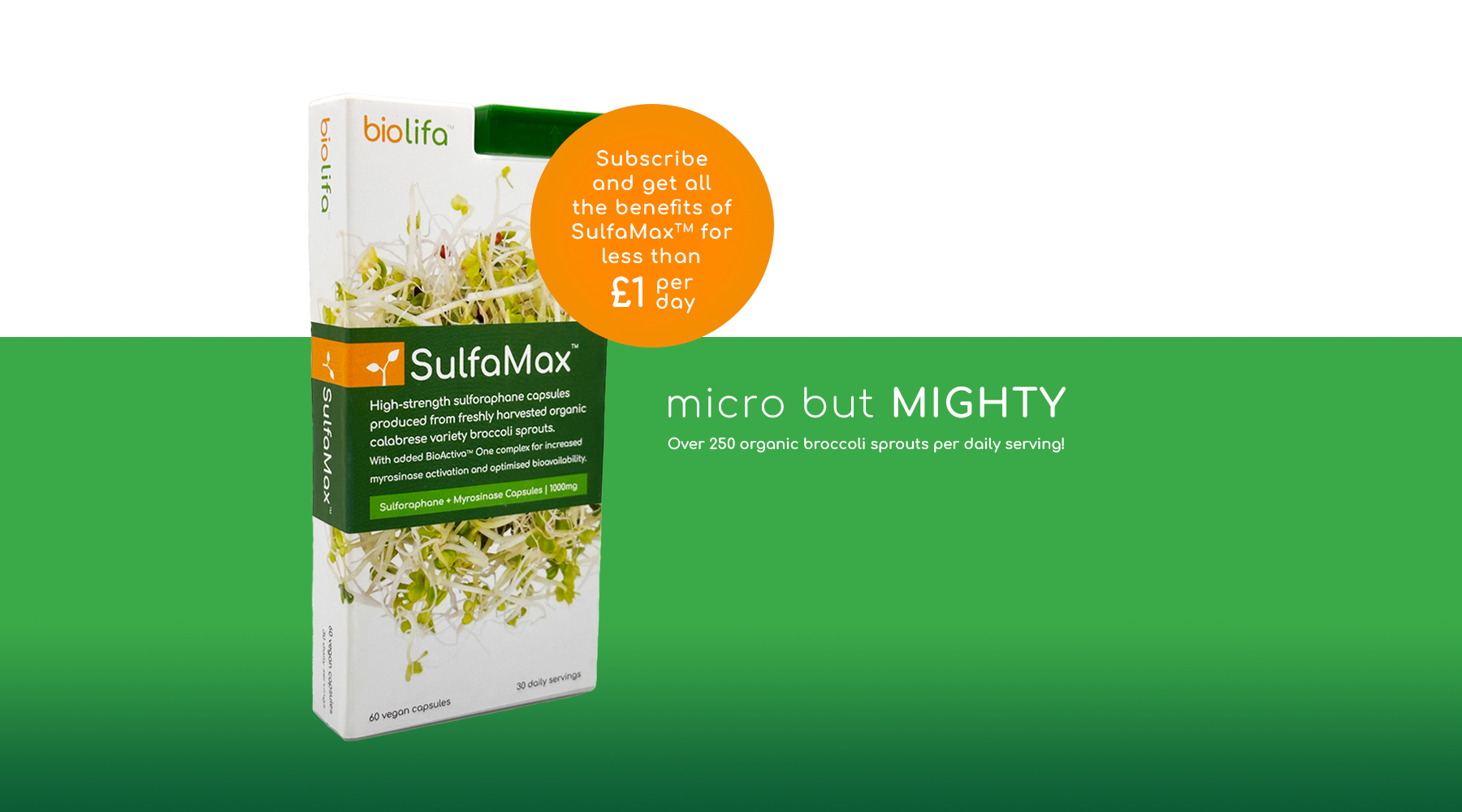Heart disease is a leading cause of death worldwide, and it's essential to take preventative measures to protect your heart health. One such measure that has gained attention in recent years is the potential benefits of sulforaphane, a compound found in cruciferous vegetables like broccoli, Brussels sprouts, and kale. In this article, we'll explore how sulforaphane can help fight heart disease.
Firstly, sulforaphane has been shown to have antioxidant properties, which means it can help protect cells from damage caused by free radicals. Free radicals are unstable molecules that can damage cells and contribute to the development of various diseases, including heart disease. By neutralizing these harmful molecules, sulforaphane may help protect against oxidative stress and inflammation, two key factors in the development of heart disease.
Sulforaphane also has anti-inflammatory properties, which can help reduce inflammation throughout the body, including in the cardiovascular system. Chronic inflammation is a significant contributor to the development of heart disease, and reducing inflammation can help prevent the progression of the disease.
In addition to its antioxidant and anti-inflammatory properties, sulforaphane may also benefit heart health by improving cholesterol levels. High levels of LDL (low-density lipoprotein) cholesterol, often referred to as "bad" cholesterol, can contribute to the buildup of plaque in the arteries, which can lead to heart disease. In contrast, HDL (high-density lipoprotein) cholesterol, often referred to as "good" cholesterol, helps remove excess cholesterol from the arteries and transport it to the liver for elimination.
Studies have shown that sulforaphane can help improve cholesterol levels by increasing HDL cholesterol and decreasing LDL cholesterol. For example, a study published in the journal Molecular Nutrition & Food Research found that supplementation with sulforaphane significantly increased HDL cholesterol levels in participants with high cholesterol levels. Another study published in the journal Food & Function found that sulforaphane supplementation decreased total cholesterol, LDL cholesterol, and triglyceride levels in participants with metabolic syndrome.
Furthermore, sulforaphane may also help improve blood pressure, another significant risk factor for heart disease. High blood pressure, also known as hypertension, can cause damage to the arteries and increase the risk of heart disease and stroke. A study published in the journal Clinical Nutrition found that participants who consumed broccoli sprouts, which are a rich source of sulforaphane, had significantly lower blood pressure levels compared to a control group.
Sulforaphane may also help improve endothelial function, which is the ability of the blood vessels to dilate and constrict as needed. Endothelial dysfunction is a hallmark of many cardiovascular diseases and is associated with an increased risk of heart attack and stroke. A study published in the journal Nutrients found that sulforaphane supplementation improved endothelial function in healthy participants.
Finally, sulforaphane may help reduce the risk of developing heart disease by reducing the formation of blood clots.







